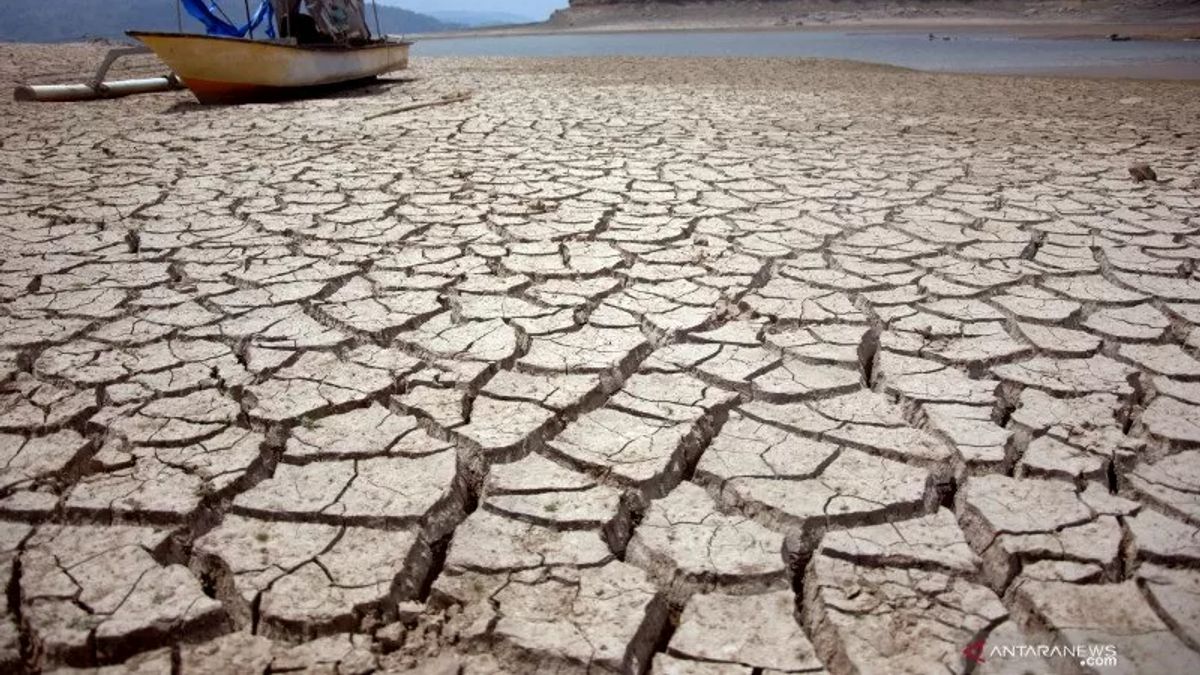The National Research and Innovation Agency (BRIN) said peatlands are an important ecosystem for biodiversity. Including effective natural solutions in climate change mitigation.
"Protecting and restoration of peat does not only play a role in national climate targets, but also for global climate change mitigation," said Head of BRIN's Center for Environmental Research and Clean Technology Sasa Sofyan Munawar, Monday, May 22, as reported by Antara.
Indonesia, which has a total peat area of 13.4 million hectares or the equivalent of 80 percent of total peatlands in Southeast Asia, stores 14 percent of global peat carbon.
BRIN, he continued, could recommend research results for a policy in helping protect peatlands in Indonesia, because they have a significant contribution in reducing greenhouse gas emissions and homes for high biodiversity.
This was said by Sasa during a webinar with YKAN with the theme "From Science to Policy: Tropical Peaklands as a Key Role in Mitigating Climate Change," to commemorate World Biodiversity Day 2023 on May 22.
另请阅读:
The webinar was also held as well as part of the process of disseminating the results of a study conducted by BRIN and YKAN, as well as partners regarding the potential for tropical peat in climate change mitigation efforts.
Similarly, BRIN's Center for Ecological and Ethnobiological Research (PREE) researcher Haruni Krisnawati explained that peatlands are a unique and rare ecosystem.
"Although it only covers about 3-4 percent of the planet's land surface, it contains up to a third or 30-40 percent of the world's carbon soil, which is twice the amount of carbon found in the world's forests," said Haruni.
He said preserving the peatland ecosystem is very important to achieve global climate goals, although about 12 percent of peatlands are currently dry and degraded, contributing to 5 percent of global greenhouse gas emissions caused by humans.
The English, Chinese, Japanese, Arabic, and French versions are automatically generated by the AI. So there may still be inaccuracies in translating, please always see Indonesian as our main language. (system supported by DigitalSiber.id)


















